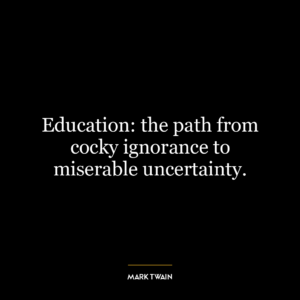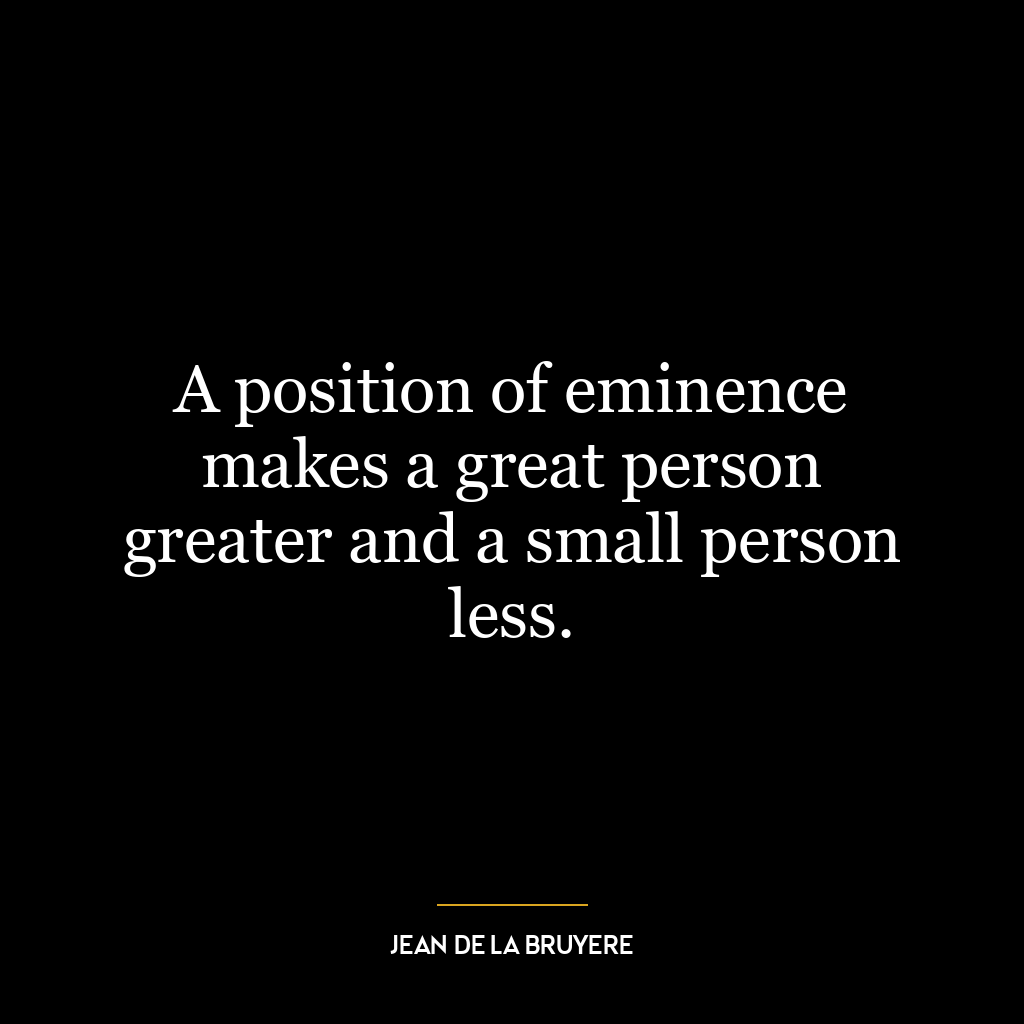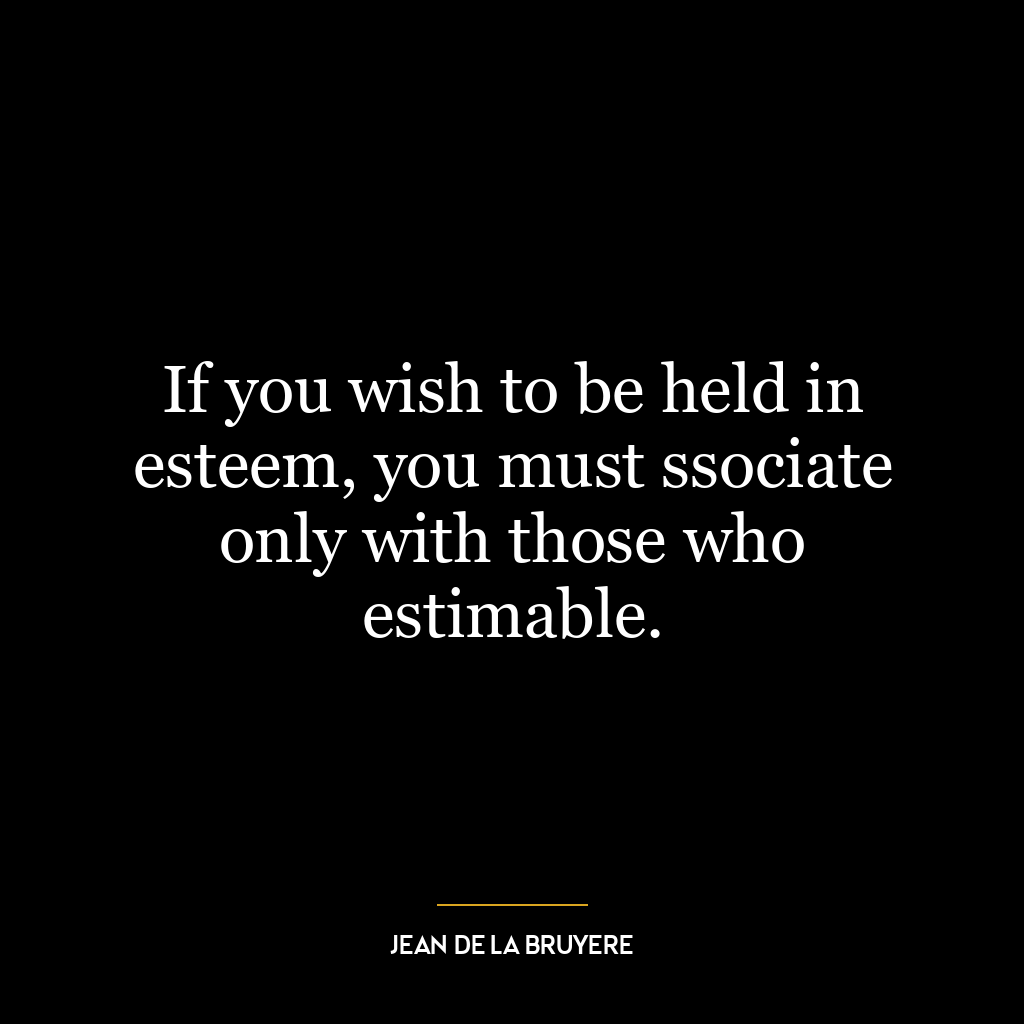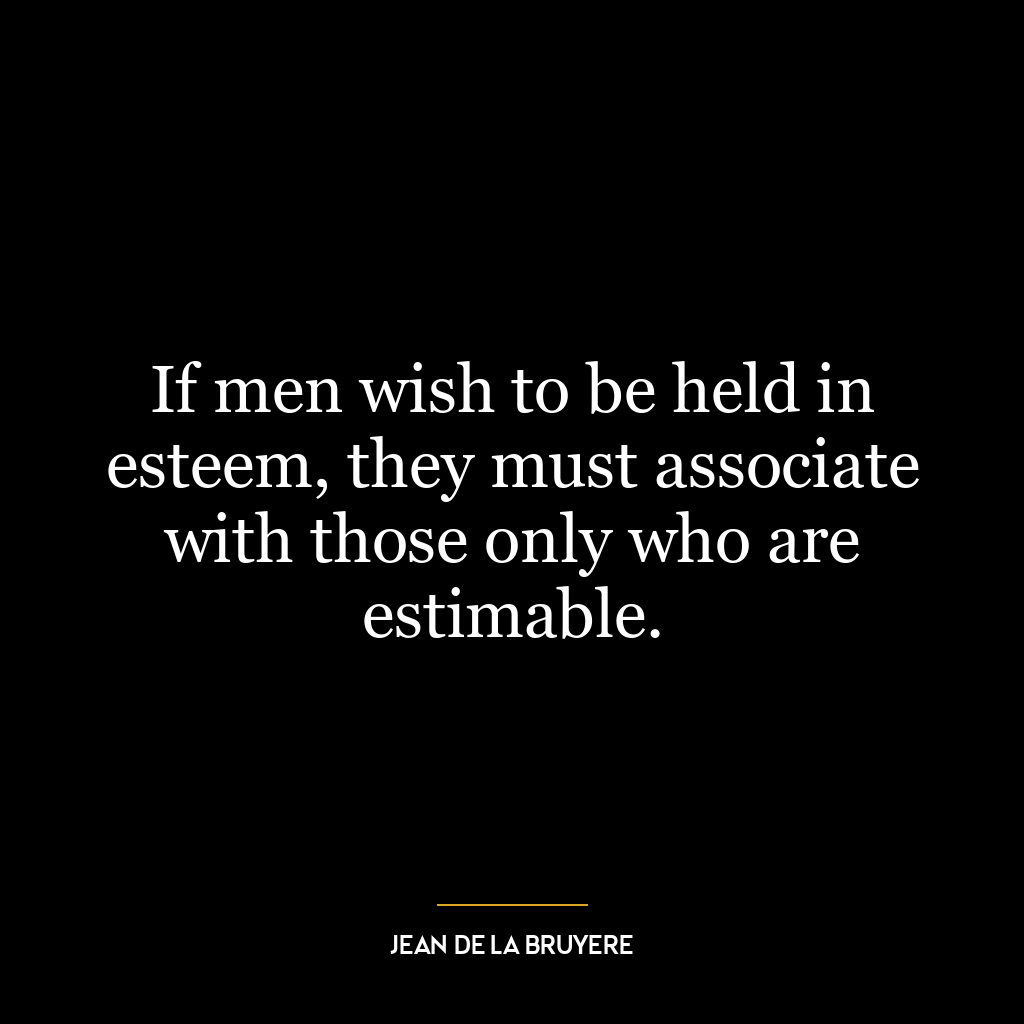Grown people everywhere are always likely to cling to the religion they were brought up in.
The quote “Grown people everywhere are always likely to cling to the religion they were brought up in” suggests that individuals tend to hold onto the religious beliefs and practices they were taught during their formative years. This is because these beliefs often form a significant part of their identity and worldview. They provide a sense of comfort, familiarity, and stability, and often also serve as a moral compass guiding their actions and decisions.
This adherence to childhood religious teachings can be attributed to various psychological and social factors. Firstly, cognitive dissonance theory suggests that people naturally resist information that contradicts their existing beliefs to avoid the discomfort of inconsistency. Therefore, they are more likely to reject new religious ideas that challenge their ingrained beliefs. Secondly, social identity theory proposes that people derive a sense of belonging and self-esteem from their group memberships, including religious affiliations. Hence, they are motivated to maintain these affiliations to preserve their social identity.
In the context of today’s world, this quote highlights the challenges of religious diversity and tolerance. As societies become increasingly multicultural, individuals with different religious backgrounds are interacting more frequently. This can lead to conflict if people rigidly adhere to their childhood religious teachings and refuse to understand or respect other beliefs. Therefore, this quote underscores the importance of fostering interfaith dialogue and promoting religious literacy to build more inclusive societies.
In terms of personal development, this quote suggests the need for critical self-reflection. While it’s natural to cling to familiar beliefs, it’s also important to question and examine these beliefs as part of one’s intellectual and moral growth. This doesn’t necessarily mean abandoning one’s religion, but rather developing a more nuanced and open-minded understanding of it. It also involves acknowledging the legitimacy of other religious perspectives, even if they differ from one’s own. This process can enhance one’s capacity for empathy, tolerance, and wisdom, contributing to personal and social harmony.









